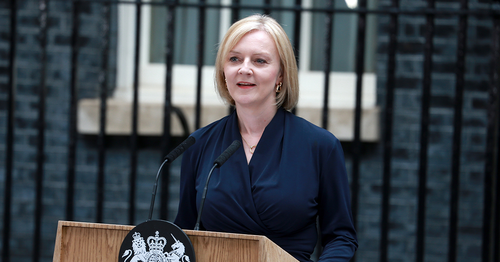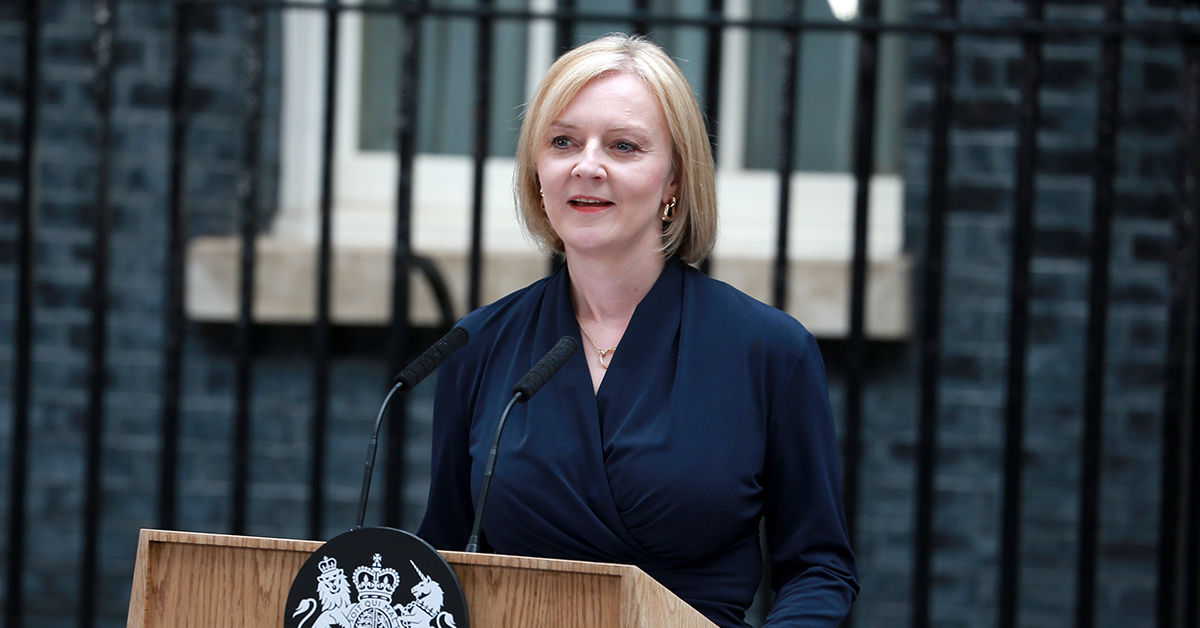
Britain’s third prime minister in just three months—Rishi Sunak—steps up to the plate.

There’s an adage that a week is a long time in politics. In October, the UK found that a single day—during which it lost its long-held reputation for fiscal prudence and policy consistence—can also feel long and very painful.
As the UK’s new prime minister, Rishi Sunak, settles in with the most daunting in-tray for a generation, the absurdly ambitious, devastatingly stupid “mini budget” unveiled by former finance minister Kwasi Kwartang and PM Liz Truss—to be financed by borrowing even though the UK is now paying the same premium as Greece to tap international bond markets—and the fallout it caused will be top of mind. The budget shattered at a stroke this G7 economy’s reputation and many people’s livelihoods. Mortgage interest rates have risen dramatically; inflation is 10% and being further fueled by the collapse in Sterling against the dollar and most other currencies, and energy and food prices continue to soar.
Meanwhile the UK’s credit rating is coming under pressure, with two agencies changing the outlook from stable to negative. Suggesting a contraction of at least 1% in GDP for 2023, Moody’s spoke of “the increased risk to the UK’s credit profile from the heightened unpredictability in policymaking.”
The “mini budget” was the latest in a series of policy missteps going back to 2016’s Brexit, which took the UK out of the world’s largest free market and has cost it some 4% of GDP so far. More recently the Bank of England did not raise interest rates fast enough to curb inflationary pressures. With political instability set to continue, the UK’s economic pain may be only just beginning.
“The adage, that it takes years to build confidence but only one day to destroy it, applies here,” says James Smith of ING Economics, suggesting 10-year bond yields of above 4% may be the new norm. “We suspect UK assets will find it difficult to fully shake off the political risk premium that has built in over recent weeks.”






